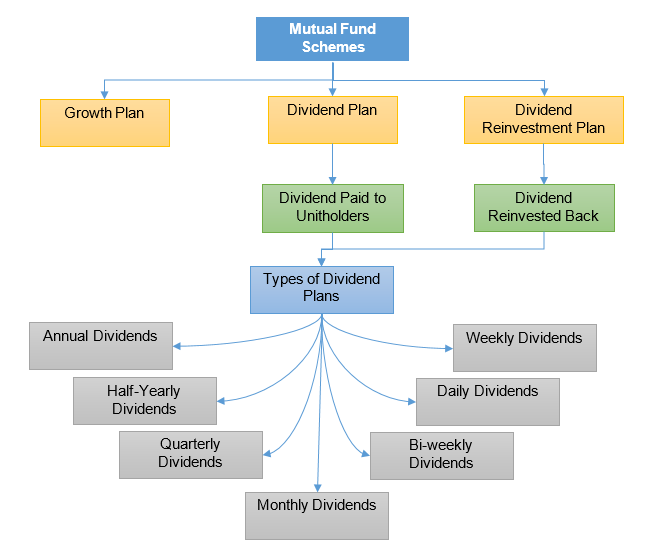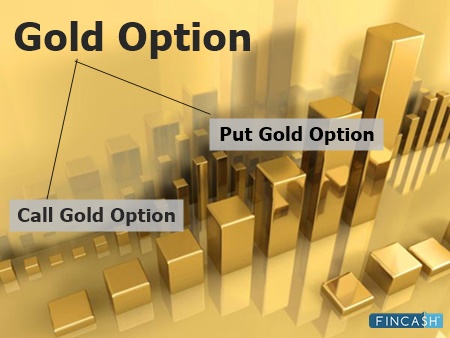
Table of Contents
Call Option
What is a Call Option?
Call options are those financial contracts that provide the option buyer with a right and not the Obligation to purchase a bond, stock, commodity, or other instruments and assets at a specific cost within a specific time.

These commodities, Bonds, or stocks are known as the Underlying asset. If this Underlying Asset gets an increase in price, you, as a call buyer, gain profit.
The Basics of Call Options
For stocks, call options provide you with the right to purchase 100 shares of a company at a precise cost, called the strike price, until a specific date, called the expiration date.
For instance, if you buy Call Option contract might provide you with the right to purchase 100 shares of Microsoft at Rs. 100 within the next three months. As a trader, you can get a variety of strike prices and expiration dates.
With the Microsoft stock value going up, the option contract price will also increase and vice versa. Within the expiry date, you can either take the delivery of stocks or sell your option contract at the Market price running at that time.
For a call option price, the market price is known as the premium. It is the price that is paid for the rights that you get with call options. In case, the underlying asset is lesser than the strike price during expiry, you lose the premium that you had paid, which is considered as the maximum loss.
On the other hand, if the underlying asset’s price is more than the strike price during expiry, the profit can be evaluated with the following call option formula:
Current stock price – strike price + premium x the number of shares
Talk to our investment specialist
Call Option Example
Let’s take a call option example here. Suppose that Apple shares are trading at Rs. 110 per share. You have 100 shares and want to create an Income that goes beyond and above the dividend of the stock. You also think that shares cannot rise above Rs. 115 per share in the next month.
Now, you take a glimpse of the call options for the next month and get to know that there is Rs. 115 call trading at Rs. 0.40 per contract. Thus, you sell a call option and get Rs. 40 premium (Rs. 0.40 x 100 shares), which is representing merely 4% of the annual income.
In case the stock goes above Rs. 115, the option buyer will exercise his option, and you would have to give 100 shares of the stock at Rs. 115 per share. Even then, you generated a profit.
All efforts have been made to ensure the information provided here is accurate. However, no guarantees are made regarding correctness of data. Please verify with scheme information document before making any investment.












